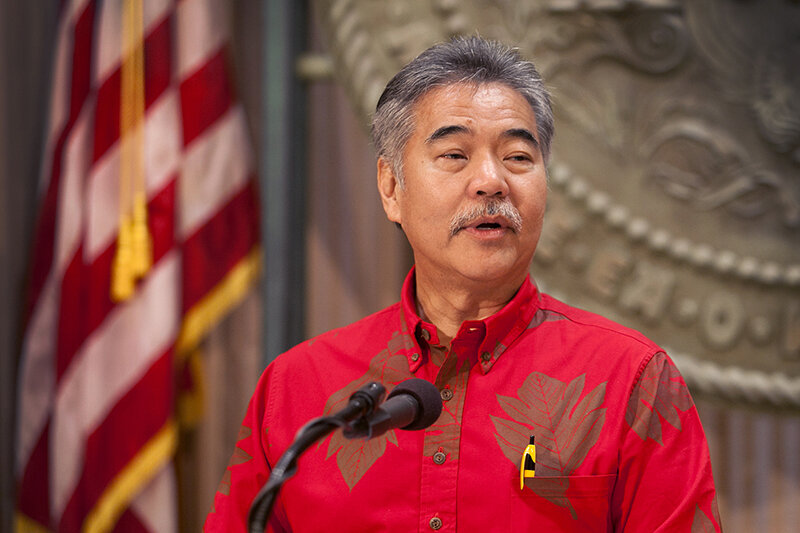
Biden’s spending bill could be a ‘game changer’ for housing in Hawaiʻi
The Build Back Better bill that the U.S. Senate is debating has the potential to make a huge dent in Hawaiʻi’s affordable housing needs, according to advocates.

How the ‘Build Back Better’ plan saves money and lives
The answer lies in an expansion of the strategy that held the line against poverty in 2020 and that helped America out of the Great Depression.

Fundraising campaign kicks off next week to help fight child hunger
An annual fundraising campaign kicks off next week to help fight child hunger and expand participation in free breakfast programs at public schools.

Invest in human infrastructure, not just roads and bridges
Reps. Ed Case and Kai Kahele have the opportunity to help Congress build back a more resilient and equitable economy.

Rental assistance fell victim to politics, bureaucracy
Nationwide, state leaders set aside $2.6 billion to prop up struggling renters, but a year later more than 16 percent hasn’t made it to tenants or landlords.

A cautious legislature, locked in the capitol, played it safe
Critics hoped the pandemic would be the catalyst for significant changes to address longterm problems facing Hawaiʻi. But the budget shortfall dominated the 2021 session.

Hawaiʻi lawmakers finish session after huge federal aid boost
The pandemic wouldn’t have hurt nearly as much if Hawaiʻi residents were making wages that paid enough to cover their basic needs.

State offers more food stamp flexibility amid record participation
Most SNAP applications are now processed online and members can now use their EBT cards to make online purchases for pick-up at select Walmart locations.

Hawaiʻi ranks 50th in low-income children participating in national school breakfast program
Some 25,559 low-income Hawaiʻi children participated in the School Breakfast Program during the 2019–2020 school year—or about 40 percent of those eligible.

Don’t give me back rent, I want to continue hiding from tax
Some landlords are refusing federal relief money, which makes one wonder about what is going to happen to the tenant once the state’s moratorium on evictions expires at the end of the year.

As economic pain of pandemic widens, need for food stamps soars
The number of Hawaiʻi residents receiving SNAP benefits has risen from about 155,000 last year to 179,000—a 15.4 percent increase.

Schatz: don’t fixate on airports when main spread in communities
With the Republican-controlled Senate fixated on confirming President Trump’s nominee to the Supreme Court, Amy Coney Barrett, additional pandemic aid is doubtful anytime soon.

Sowing seeds of service
“Our work is to bring all these different sectors together and create lasting solutions and changes.”

Hawaiʻi Gov. David Ige unveils $100M program to help renters affected by pandemic
Under the program, payments could go as high as $2,000 per month on Oʻahu and $1,500 per month on the neighbor islands.

The Conversation: Keeping an eye on housing evictions
The threat of eviction continues to loom over thousands of island residents as the state moratorium runs out at the end of the month.

Not politics as usual
To address socioeconomic inequality, Hawaiʻi’s decision-makers need to come up with an effective problem-solving process so stakeholders can come together to achieve concrete solutions.

New state program would give $500 a month for rent
The rent money would be direct deposited into your landlord's account; make sure to sign up for the program if and when the state makes it available.

Gov. David Ige and Hawaiʻi Appleseed’s Gavin Thorton join the COVID-19 Care Conversation
Gov. David Ige and Hawaiʻi Appleseed Executive Director Gavin Thorton joined us today for a Q&A video on the COVID-19 Care Conversation.

State must help provide food security
This may be a once-in-a-lifetime chance to pivot toward the kind of food system we want for Hawaiʻi’s future.

Social service workers rally at state Capitol
Lawmakers say they will use $635 million in CARES Act funds to assist the unemployed and local businesses, but advocates say it’s still not enough.
